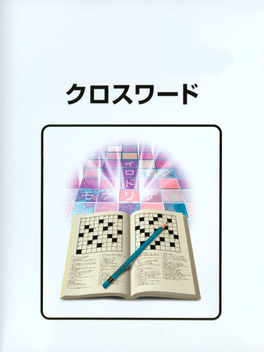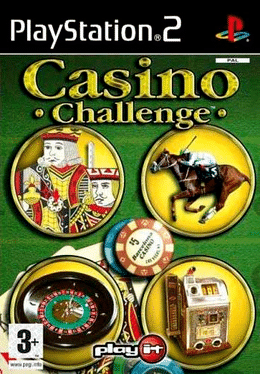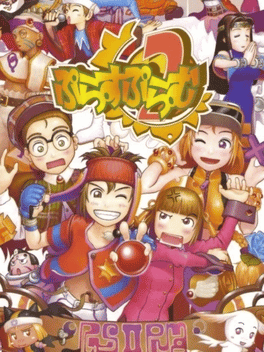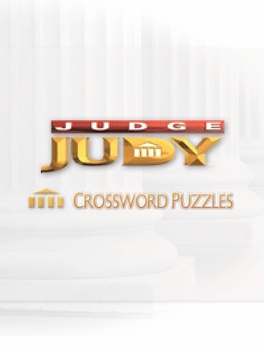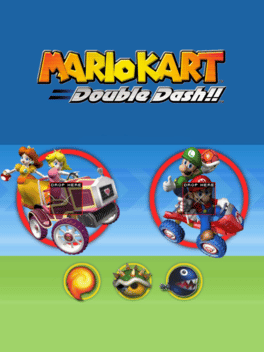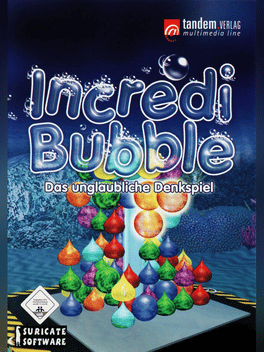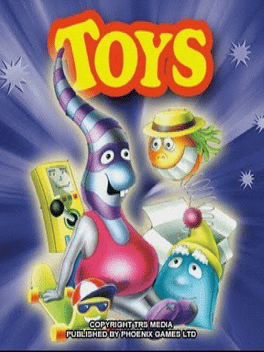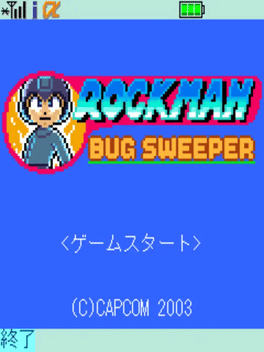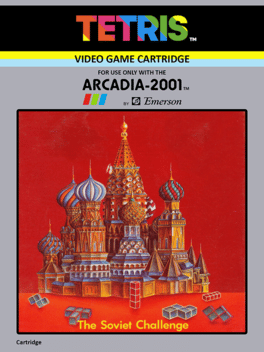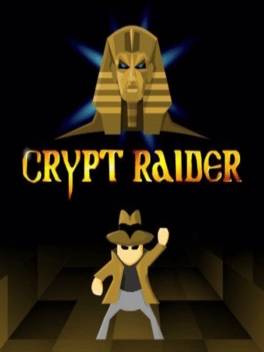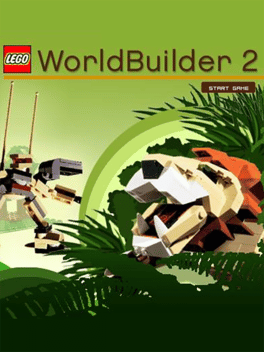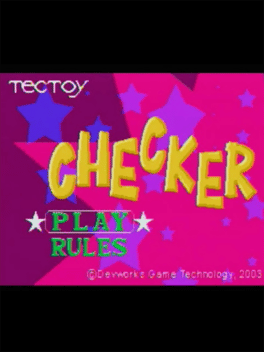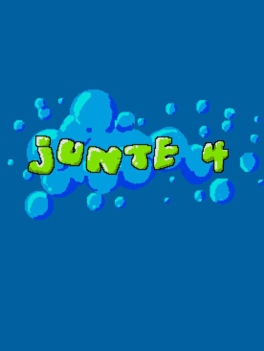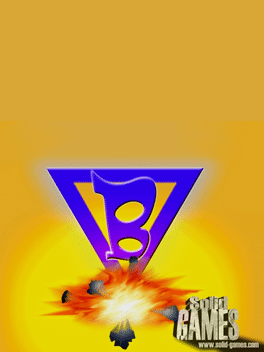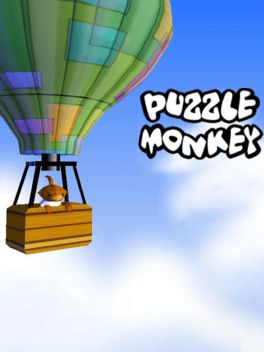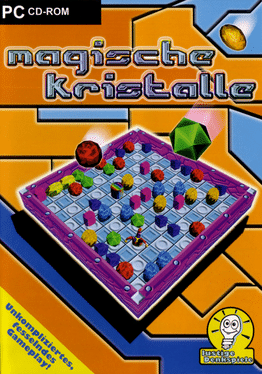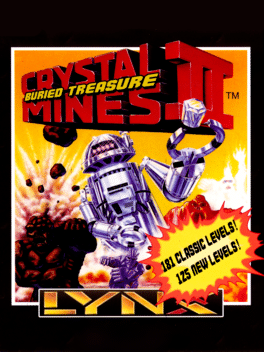New Ps3 Games - Page 251
-
Dalmatians 3
2004
Dalmatians 3
2004
Our old lady loves cookies a lot, doesn't she? Lets get some from the market for her. The little Dalmatians take the cookies without paying. The vendor calls the police and the Dalmatians are locked up. You will never come out of here says Butch, the Bulldog. No way that we will stay here, says Kruimel. I have got an idea... It is another of the Phoenix games that features a mix between watching a cartoon and a collection of sliding puzzles, jigsaw puzzles and colouring images. Includes: Cartoon film - Jigsaw puzzle - Colouring book - Memory game -
Crossword
2004
-
Casino Challenge
2004
Casino Challenge
2004
Casino Challenge simulates all the fun and thrills of a real live casino, allowing you to re-create all the thrills of the gaming action you find in real casinos from Las Vegas to Monte Carlo. Choose your game and hit the tables. All the great and classic casino games are included in this one exciting package, including blackjack, simulated live horse racing, roulette and even jackpot-style slot machines. Playing Casino Challenge gives you an insight into how to play casino games more effectively; you can learn the secrets and develop your own play strategies the more you play and practice. -
Plus Plum 2
2004
-
Judge Judy: Crossword Puzzles
2003
Judge Judy: Crossword Puzzles was a Flash game on the official Judge Judy website. The game contained 3 crossword puzzles with words relating to the court room as well as the series itself. -
IncrediBubble
2003
IncrediBubble
2003
In 2003, astragon Software GmbH publishes IncrediBubble on Windows. This puzzle game is now abandonware and is set in a real-time, tile matching puzzle and oceania themes -
Toys
2003
Toys
2003
Toys features a Dingo Pictures animated film titled Toys: Das Geburtstagsgeschenk. The game also features six different sliding picture puzzles with 4 difficulty options (9, 12, 25, or 36 squares). There is also a coloring book mode where players can color in six different pictures. The game was later released on the PlayStation 2 as The Toys Room. It's the same game as the PlayStation version but adds a jigsaw puzzle mode and a pair matching mini game. -
Rockman Bug Sweeper
2003
Rockman Bug Sweeper
2003
Rockman Bug Sweeper (ロックマン バグスイーパー Rokkuman Bagu Suīpā) is a Mega Man themed Minesweeper game released by Capcom for mobile phones in Japan. Instead of mines, Mega Man and Beat deal with hidden bugs. -
Tetris
2003
-
Crypt Raider
2003
-
Bubble Bop
2003
-
LEGO World Builder 2
2003
LEGO World Builder 2
2003
The sequel to LEGO World Builder. It is a Shockwave puzzle-platformer that was hosted on the official LEGO website in 2003. The player must collect LEGO pieces and the recipes that allow them to assemble those pieces into different kinds of units and vehicles. Each unit type has its own capabilities, allowing the player access new areas and collect more pieces and recipes. -
Checker
2003
Checker
2003
A peg solitaire game released in some Mega Drive plug & plays. It was originally released in Brazil by Tec Toy under the name of Fica 1. -
Junte 4
2003
-
Bomba: The Explosive Hero
2003
Bomba is an out-dated superhero from uneXplosive.com, a company that produces and stores special effects for computer games. Due to the very strict regulations and official orders, the effects are not allowed to be violent or politically incorrect in any way. As everyone knows, no money can be made with boring and nonviolent stuff. That's why uneXplosive.com's laboratories and storages are full of illegal effects. But secret investigations gave the authorities a strong suspicion. So yesterday morning heavy-armed officers of the MAV (Ministry for Absence of Violence) appeared at uneXplosive.com demanding entrance. Now only one can help and save his company from being deleted: Bomba! But he has to remove all kinds of explosive material without leaving any evidence. A dangerous mission, even for a superhero... -
Puzzle Monkey
2003
Puzzle Monkey
2003
Puzzle Monkey is a single player, keyboard controlled, Soko-Ban variant. The story here is that there are crates of bananas on a plantation somewhere that need sorting which, in this case, means pushing crates onto red 'X's. -
5 Spots
2003
5 Spots
2003
Can you spot the difference between two seemingly identical images? Can you do it in a limited amount of time? This electronic version of a classic family puzzler pits your eyes against your expectations as you try to spot the differences. Featuring tons of images, and random changes, there's no end to the fun. -
Magische Kristalle
2003
Magische Kristalle
2003
Magische Kristalle is a puzzle game with a simple goal, remove as many crystals from the board before either time or the space on the board runs out. -
Crystal Mines II: Buried Treasure
2003
In 2000, Songbird Productions produced a sequel, Crystal Mines II: Buried Treasure on CD-ROM for Microsoft Windows. This CD-ROM required the original game and a Lynx to PC serial cable to run, allowing the editing and creation of all new levels. This was followed in 2003 by a cartridge release of Crystal Mines II: Buried Treasure with the original 181 levels and 125 new levels.

